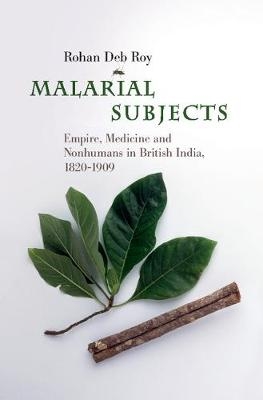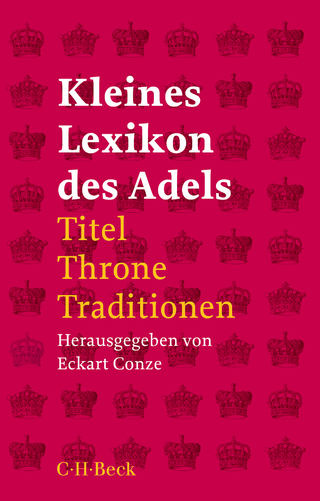
Malarial Subjects
Cambridge University Press (Verlag)
978-1-107-17236-4 (ISBN)
Malaria was considered one of the most widespread disease-causing entities in the nineteenth century. It was associated with a variety of frailties far beyond fevers, ranging from idiocy to impotence. And yet, it was not a self-contained category. The reconsolidation of malaria as a diagnostic category during this period happened within a wider context in which cinchona plants and their most valuable extract, quinine, were reinforced as objects of natural knowledge and social control. In India, the exigencies and apparatuses of British imperial rule occasioned the close interactions between these histories. In the process, British imperial rule became entangled with a network of nonhumans that included, apart from cinchona plants and the drug quinine, a range of objects described as malarial, as well as mosquitoes. Malarial Subjects explores this history of the co-constitution of a cure and disease, of British colonial rule and nonhumans, and of science, medicine and empire. This title is also available as Open Access.
Rohan Deb Roy is Lecturer in South Asian History at the University of Reading. He received his Ph.D. from University College London, and has held postdoctoral fellowships at the Centre for Studies in Social Sciences Calcutta, at the University of Cambridge, and at the Max Planck Institute for the History of Science in Berlin. He has been a Barnard-Columbia Weiss International Visiting Scholar in the History of Science.
Introduction: side-effects of empire; 1. 'Fairest of Peruvian maids': planting cinchonas in British India; 2. 'An imponderable poison': shifting geographies of a diagnostic category; 3. 'A cinchona disease': making Burdwan fever; 4. 'Beating about the bush': manufacturing quinine in a colonial factory; 5. Of 'losses gladly borne': feeding quinine, warring mosquitoes; Epilogue.
| Erscheinungsdatum | 28.09.2017 |
|---|---|
| Reihe/Serie | Science in History |
| Zusatzinfo | 40 Halftones, black and white |
| Verlagsort | Cambridge |
| Sprache | englisch |
| Maße | 158 x 235 mm |
| Gewicht | 700 g |
| Themenwelt | Geisteswissenschaften ► Geschichte ► Allgemeine Geschichte |
| Geisteswissenschaften ► Geschichte ► Regional- / Ländergeschichte | |
| Geschichte ► Teilgebiete der Geschichte ► Kulturgeschichte | |
| Studium ► Querschnittsbereiche ► Geschichte / Ethik der Medizin | |
| ISBN-10 | 1-107-17236-5 / 1107172365 |
| ISBN-13 | 978-1-107-17236-4 / 9781107172364 |
| Zustand | Neuware |
| Haben Sie eine Frage zum Produkt? |
aus dem Bereich


